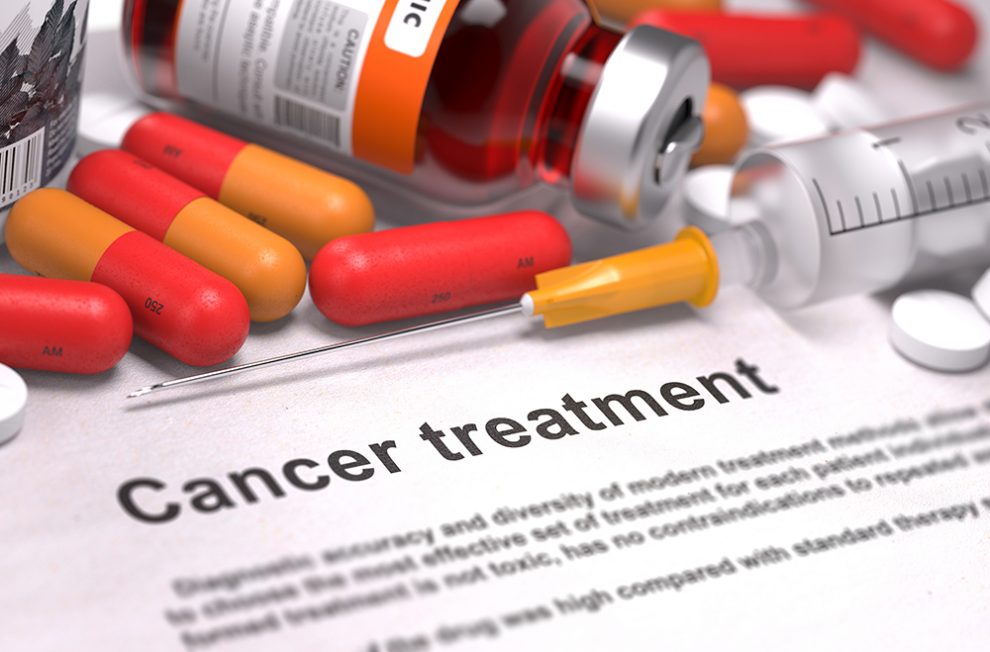A team of Australian and US researchers are heralding a simple new blood test that can detect early stage cancers before they have a chance to spread.
Australian researchers say a groundbreaking new blood test that can detect eight common types of cancer before they spread will save countless lives.
US and Aussie researchers say their “liquid biopsy” will be a game changer in the fight against cancer, and hope it could be widely available within a few years.
The test was able to detect tumours, about 70 per cent of the time on average, in more than 1000 patients with early-stage cancer and crucially before it had spread, giving patients the best chance of beating the disease.
It works by looking for mutated DNA that dying cells shed into the blood, and protein biomarkers associated with bowel, breast, liver, lung, oesophageal, ovarian, pancreatic and stomach cancer.
Professor Peter Gibbs from the Walter and Eliza Institute, who’s worked on the test dubbed CancerSEEK, believes it will save thousands of lives and hopes it won’t be too long before it’s widely available, and affordable.
“For the first time we’re seeing a potential for a blood test that can screen for many types of nasty cancers that up until now, we’ve had to wait until symptoms (arise) and diagnose quite late,” Prof Gibbs has told the ABC.
It’s proven effective in detecting cancers, such as pancreatic cancer, that often result in few if any symptoms until the disease is well advanced, often meaning death for the patient.
Prof Gibbs believes many more people would be willing to have a simple blood test than undergo unpleasant and invasive screening procedures, such as colonoscopies.
With cancer risks spiking from the age of 50, he says the test will be most important to older people, but also for younger people whose family histories might put them in a high risk category.
The test, developed by researchers at Johns Hopkins University in the US, is now being tested on 10,000 more people.
“The big question is going to be the cost. I suspect currently you’re looking at $1000 or something like that … but as with most technologies, and scale, things get a lot cheaper over time … hopefully that’ll drop to a few hundred dollars,” Prof Gibbs said.
It’s hoped the test could be widely available within a few years.
The breakthrough have been published in the journal Science.





















Add Comment